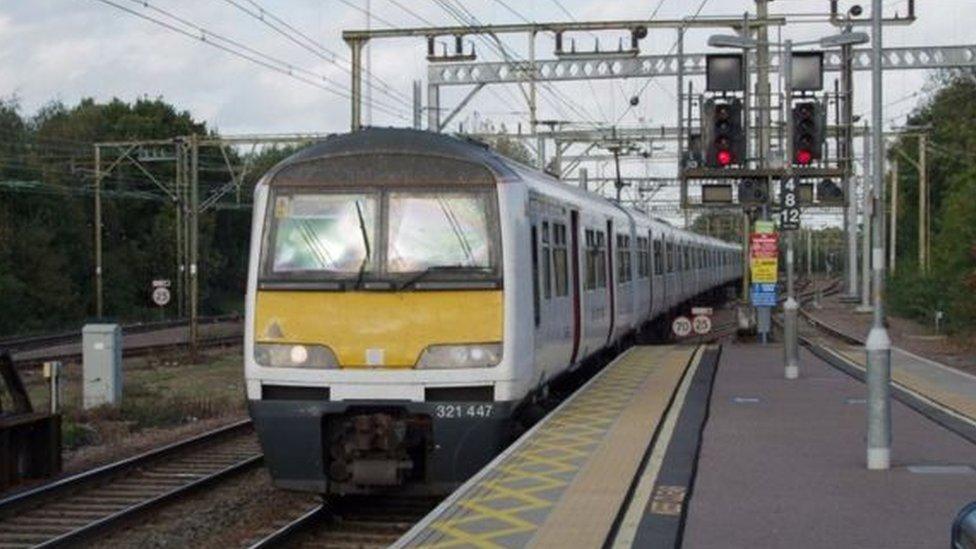Rail strikes: Second day of walkout by workers
- Published
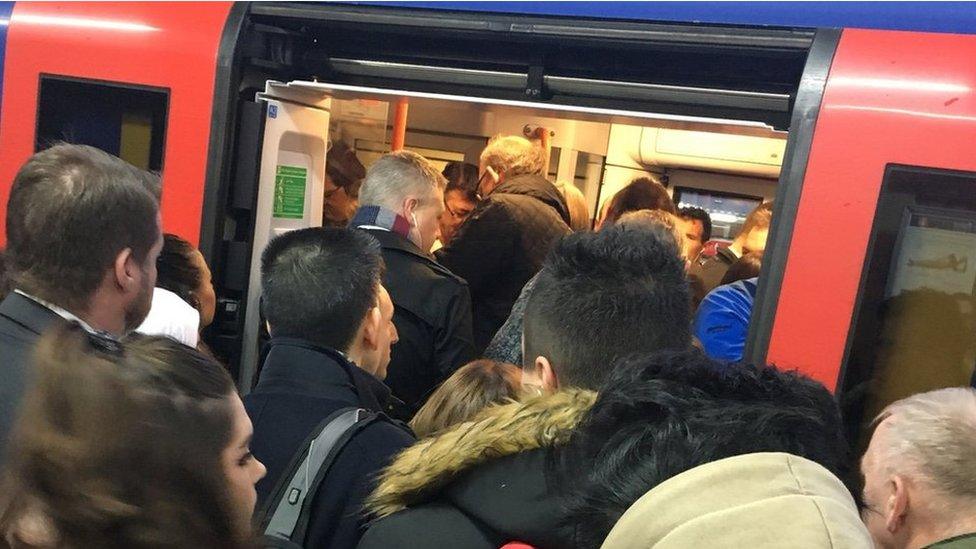
Passengers queue to get on to a South Western Railway train
Workers for three rail operators are continuing their 48-hour strike action.
Rail, Maritime and Transport (RMT) union members working for Southern, Greater Anglia and South Western Railway walked out on Wednesday.
The union is in dispute over driver-only operated (DOO) trains, also known as driver-controlled operated (DCO).
RMT staff on Merseyrail and Northern also staged a 24-hour walkout as part of Wednesday's strike action, which saw delays and disruption for passengers.
In a separate dispute, union Aslef said its drivers had voted to accept a deal to end their dispute with Southern Rail over driver-operated trains.
Members of the RMT union are mostly conductors.
Allow X content?
This article contains content provided by X. We ask for your permission before anything is loaded, as they may be using cookies and other technologies. You may want to read X’s cookie policy, external and privacy policy, external before accepting. To view this content choose ‘accept and continue’.
Greater Anglia said it was running a full service, external during the industrial action, using other trained staff in place of conductors.
Some trains between Marks Tey and Sudbury had earlier been cancelled, but the service was running normally by about 16:00 GMT, a Greater Anglia spokeswoman said.
Allow X content?
This article contains content provided by X. We ask for your permission before anything is loaded, as they may be using cookies and other technologies. You may want to read X’s cookie policy, external and privacy policy, external before accepting. To view this content choose ‘accept and continue’.
Southern said services on most of its routes were operating normally, although there were some alterations, external. However, there were delays in and out of Brighton Station in the morning due to an "obstruction" on the track, it said.
There is also disruption between Littlehampton and Southampton due to a points failure.
Allow X content?
This article contains content provided by X. We ask for your permission before anything is loaded, as they may be using cookies and other technologies. You may want to read X’s cookie policy, external and privacy policy, external before accepting. To view this content choose ‘accept and continue’.
Allow X content?
This article contains content provided by X. We ask for your permission before anything is loaded, as they may be using cookies and other technologies. You may want to read X’s cookie policy, external and privacy policy, external before accepting. To view this content choose ‘accept and continue’.
RMT's dispute with Southern's parent company, Govia Thameslink (GTR), over DOO trains has seen a spate of strikes since April 2016 amid concerns over safety and job losses.
Changes were introduced on Southern in January to make conductors "on-board supervisors" and pass responsibility for closing doors to drivers.
Industrial action by RMT members has recently spread to other routes across England.
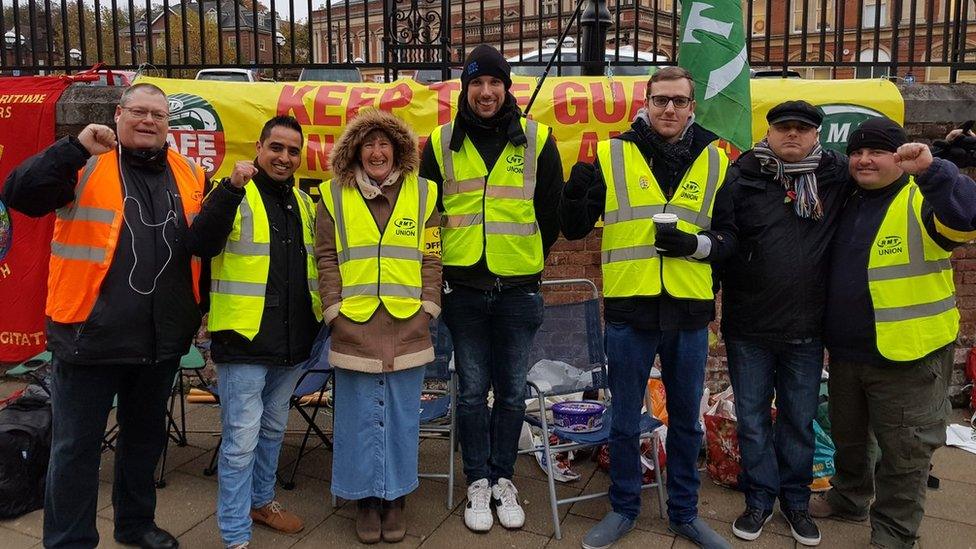
RMT picketers on the second day of strike action at Norwich station
Richard Dean, Greater Anglia Train service delivery director, said: "The Office of Rail and Road is satisfied with our arrangements for training additional staff as conductors.
"We will never compromise the safety of our customers.
"We are running a full service again on Thursday."
South Western Railway, which only took over the franchise from South West Trains in August, is running more than 60% of services, and has published a contingency timetable, external, including replacement buses on some routes.
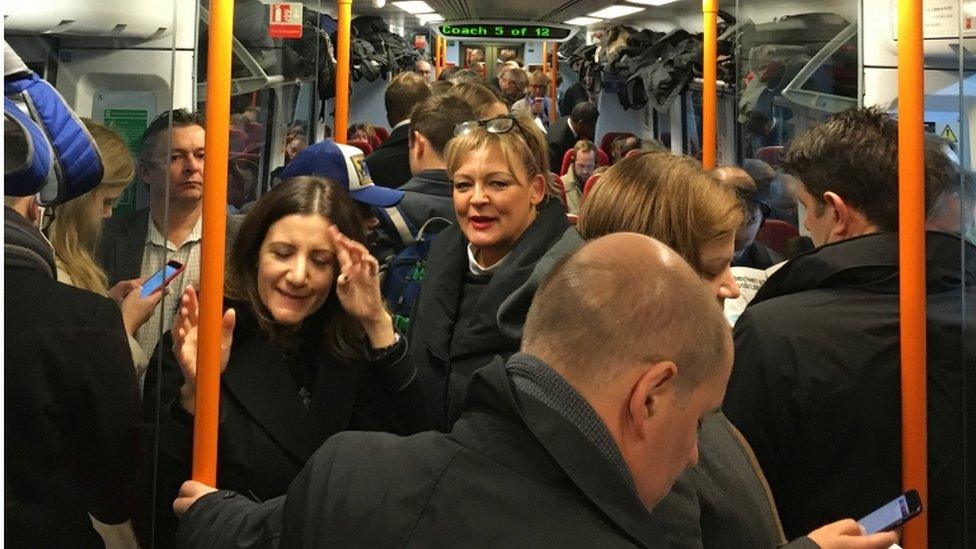
Commuters ride a crowded South Western Railway train on the Portsmouth to London line on Wednesday
On Wednesday, RMT general secretary Mick Cash said: "The only way that Greater Anglia can be running these services is through taking serious risks with public safety just as they did during the last phase of strike action.
"Rail companies are training up rail staff who have previously had no rail operational experience to stand in as highly trained guards."
A spokesman for the Department for Transport said on Wednesday: "This dispute is not about jobs or safety - employees have been guaranteed jobs and salaries. In fact at Southern Rail, where these changes have already been introduced, there are now more staff on trains.
"The independent rail regulator has said driver-controlled trains, which have been used in this country for more than 30 years, are safe."

Has your journey been affected by the dispute? Let us know about your experiences. Email haveyoursay@bbc.co.uk, external with your stories.
Please include a contact number if you are willing to speak to a BBC journalist. You can also contact us in the following ways:
WhatsApp: +44 7525 900971
Send pictures/video to yourpics@bbc.co.uk, external
Tweet: @BBC_HaveYourSay, external
Send an SMS or MMS to 61124 or +44 7624 800 100
- Published8 November 2017
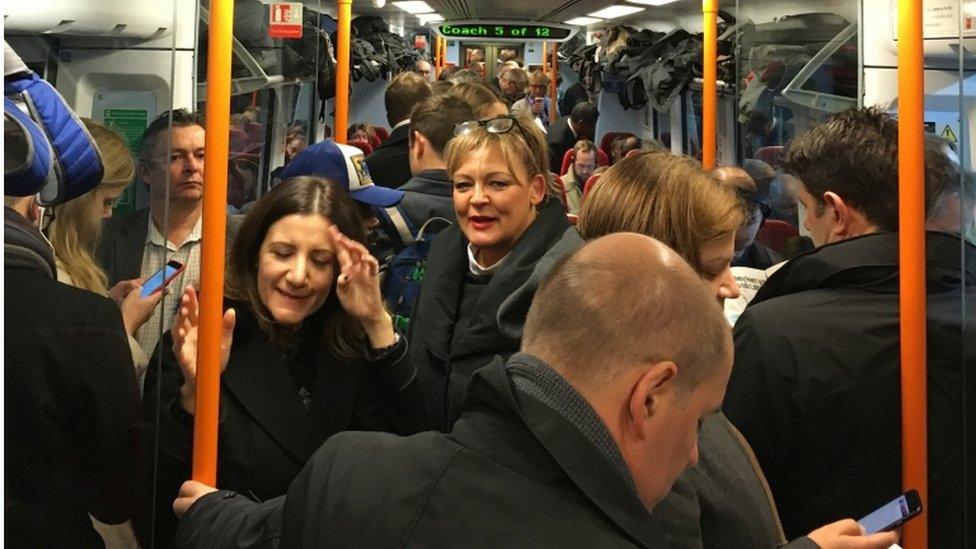
- Published3 November 2017
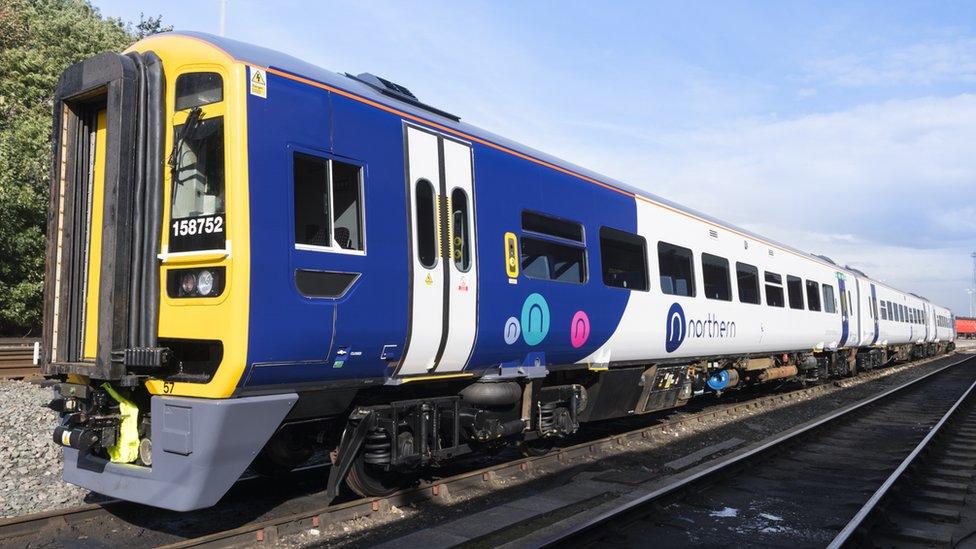
- Published31 October 2017
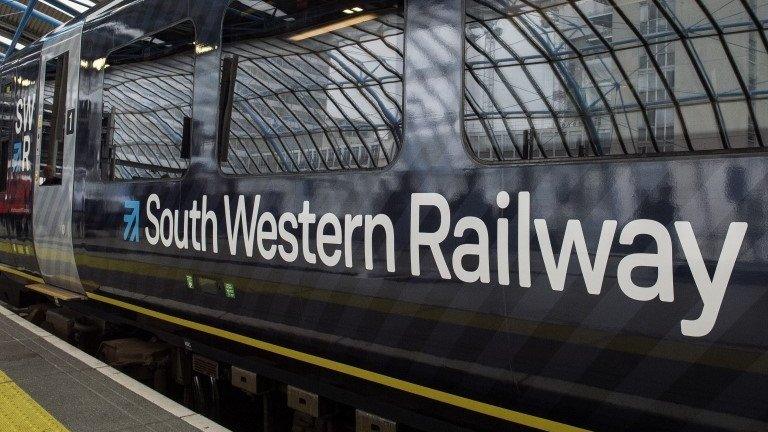
- Published19 October 2017
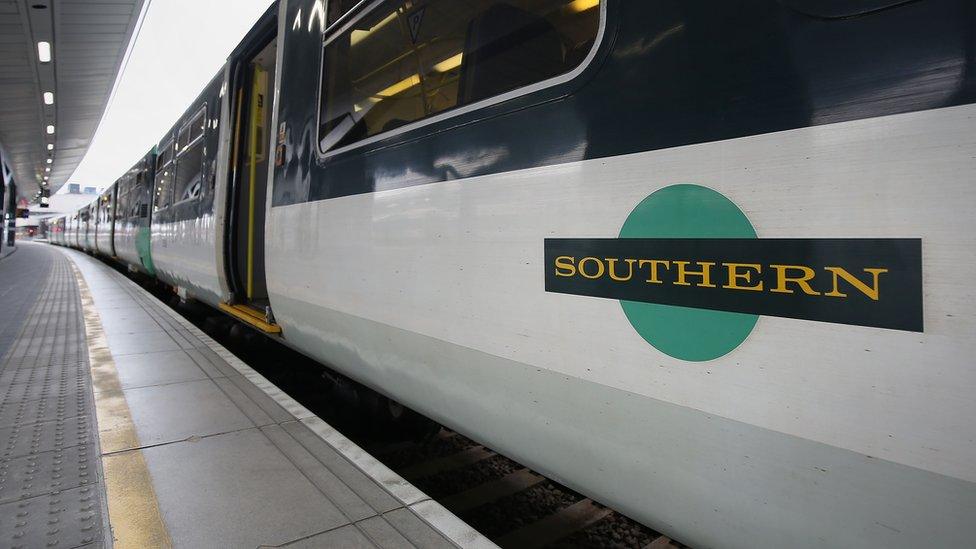
- Published5 October 2017
